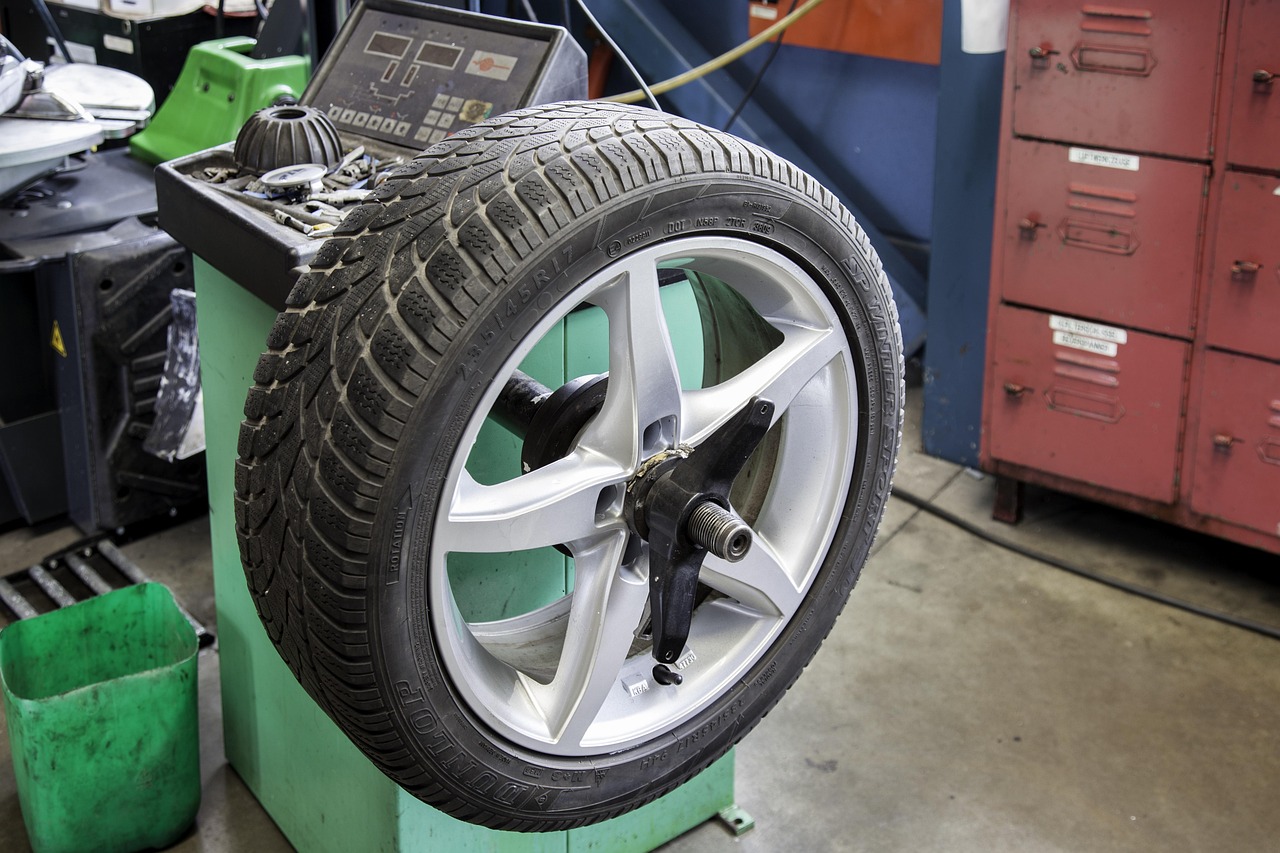The 8 Most Important Winter Car Repairs to Prevent an Expensive Breakdown
As winter approaches, the cold weather brings with it a unique set of challenges for vehicle owners. The drop in temperature can exacerbate existing issues and introduce new ones, leading to potential breakdowns that are as inconvenient as they are costly. Preparing your car for winter isn't just about convenience; it's about safety and efficiency. This article explores the eight most critical winter car repairs that can prevent expensive breakdowns. By addressing these key areas, drivers can ensure their vehicles remain reliable throughout the harshest months of the year. Each section will delve into a specific repair or maintenance task, providing insights into why it matters and how to effectively implement it.
Battery Health: Powering Through Cold Starts
Winter can be particularly harsh on car batteries, significantly reducing their efficiency. Cold temperatures slow down the chemical reactions necessary for battery function, making it harder for your car to start. A battery that is already weak will struggle even more, potentially leaving you stranded. To prevent this, have your battery tested before winter sets in. If it's more than three years old, consider replacing it. Additionally, ensure that the battery terminals are clean and free of corrosion, which can further impede performance. Investing in a battery warmer can also be beneficial in extremely cold climates, ensuring that your car starts smoothly every time.
Tire Care: Ensuring Traction and Safety

Tires are your car's only contact with the road, making their condition crucial for safe winter driving. Cold weather causes tire pressure to drop, which can lead to uneven wear and reduced traction. Regularly check and adjust your tire pressure to the manufacturer's recommended levels. Consider switching to winter tires, which are designed to provide better grip in snow and ice. Their specialized rubber compounds and tread patterns enhance traction and handling in cold conditions. Don't forget to inspect the tire tread depth; insufficient tread can significantly increase the risk of accidents on slippery roads.
